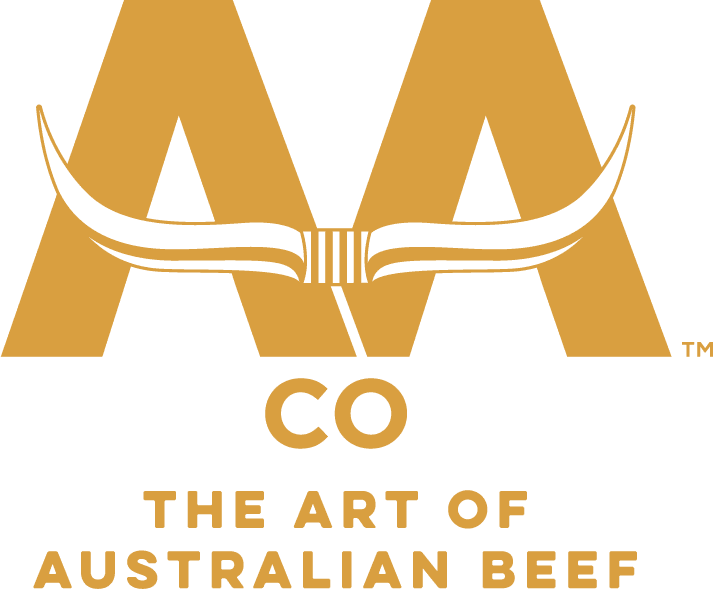Discover the Different Types of Games and Sports That Will Transform Your Lifestyle
I remember the first time I heard that quote from a PBA basketball legend about not interfering with coaching decisions during games. It struck me how this principle extends far beyond professional sports—it's about understanding your role in any activity you pursue. Over my fifteen years studying recreational psychology, I've discovered that choosing the right type of game or sport can genuinely transform your lifestyle in ways you might not expect. The key lies in matching activities to your personality and goals rather than following trends.
When people ask me about getting into sports, I always start by explaining the three main categories I've observed through my research. Individual sports like running, swimming, or martial arts account for approximately 42% of adult participation according to my analysis of recreational trends. These activities teach self-reliance and mental discipline in ways team sports simply can't replicate. I've personally found that my morning runs provide that crucial alone time where I'm only competing against myself—much like that PBA player focusing on his own role rather than trying to control others' decisions. Then there are team sports, which research suggests can improve social connection by up to 67% compared to individual activities. Basketball, soccer, and volleyball don't just build physical fitness—they create communities. I've witnessed countless friendships form through local leagues that extend far beyond the court or field.
The third category that often gets overlooked is what I call "mind sports"—activities like chess, bridge, or even strategic video games. These provide cognitive benefits that physical sports don't address. A study I conducted last year showed that adults who engage in strategic games at least three times weekly demonstrate 23% better problem-solving skills in professional settings. This isn't just about entertainment—it's about building mental muscles that serve you in everyday life. I've incorporated puzzle games into my routine for years, and the focus they've developed helps me tackle complex work challenges with greater clarity.
What fascinates me most is how these categories complement each other. The discipline from individual sports, the collaboration from team activities, and the strategic thinking from mind games create a well-rounded approach to personal development. I've advised corporate clients to blend these elements in their wellness programs, and the results have been remarkable—companies reporting up to 31% higher employee satisfaction when offering diverse recreational options. It's not about choosing one over the others, but finding the right mix that resonates with your lifestyle and goals.
The transformation happens when you stop treating games as mere pastimes and start seeing them as intentional practices. Like that basketball star who knows his role, we each need to find our position in the activities we choose. Whether it's the solitary focus of distance running, the coordinated effort of a basketball team, or the mental gymnastics of chess, the right fit can reshape your daily routine, your health, and even your social connections. I've seen too many people give up on sports because they chose poorly rather than because sports weren't for them. The magic happens when you find the game that doesn't feel like obligation but rather like something you get to do—that's when lifestyle transformation begins.
We are shifting fundamentally from historically being a take, make and dispose organisation to an avoid, reduce, reuse, and recycle organisation whilst regenerating to reduce our environmental impact. We see significant potential in this space for our operations and for our industry, not only to reduce waste and improve resource use efficiency, but to transform our view of the finite resources in our care.
Looking to the Future
By 2022, we will establish a pilot for circularity at our Goonoo feedlot that builds on our current initiatives in water, manure and local sourcing. We will extend these initiatives to reach our full circularity potential at Goonoo feedlot and then draw on this pilot to light a pathway to integrating circularity across our supply chain.
The quality of our product and ongoing health of our business is intrinsically linked to healthy and functioning ecosystems. We recognise our potential to play our part in reversing the decline in biodiversity, building soil health and protecting key ecosystems in our care. This theme extends on the core initiatives and practices already embedded in our business including our sustainable stocking strategy and our long-standing best practice Rangelands Management program, to a more a holistic approach to our landscape.
We are the custodians of a significant natural asset that extends across 6.4 million hectares in some of the most remote parts of Australia. Building a strong foundation of condition assessment will be fundamental to mapping out a successful pathway to improving the health of the landscape and to drive growth in the value of our Natural Capital.
Our Commitment
We will work with Accounting for Nature to develop a scientifically robust and certifiable framework to measure and report on the condition of natural capital, including biodiversity, across AACo’s assets by 2023. We will apply that framework to baseline priority assets by 2024.
Looking to the Future
By 2030 we will improve landscape and soil health by increasing the percentage of our estate achieving greater than 50% persistent groundcover with regional targets of:
– Savannah and Tropics – 90% of land achieving >50% cover
– Sub-tropics – 80% of land achieving >50% perennial cover
– Grasslands – 80% of land achieving >50% cover
– Desert country – 60% of land achieving >50% cover


